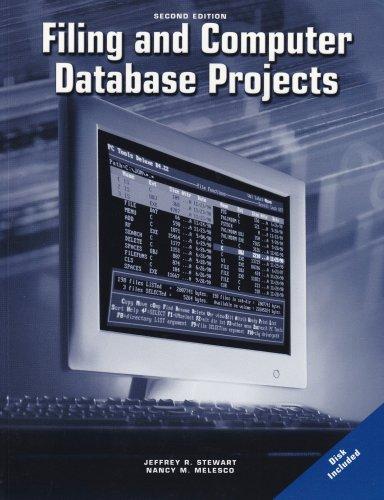Answered step by step
Verified Expert Solution
Question
1 Approved Answer
4. The following statements are equivalent (True or False): (Statement 1 (Assume variable money has been initialized): if (money >= 10E6) cout < < You
4. The following statements are equivalent (True or False):
(Statement 1 (Assume variable money has been initialized):
if (money >= 10E6)
cout << "You are a millionaire." << endl;
else cout << "You are not a millionaire." << endl;
Statement 2 (Assume variable cash has been initialized):
double cash;
int money = 0;
if (cash >= 10E6)
money = 1;
switch(money)
{ case 1: cout << "You are a millionaire." << endl;
break;
default: cout << "You are not a millionaire." << endl;
break;
}
Answer (Highlight one): True False
Step by Step Solution
There are 3 Steps involved in it
Step: 1

Get Instant Access to Expert-Tailored Solutions
See step-by-step solutions with expert insights and AI powered tools for academic success
Step: 2

Step: 3

Ace Your Homework with AI
Get the answers you need in no time with our AI-driven, step-by-step assistance
Get Started


